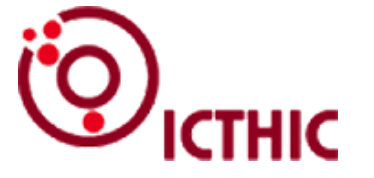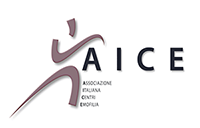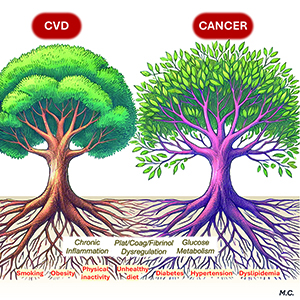 Smart Citations
Smart CitationsSee how this article has been cited at scite.ai
scite shows how a scientific paper has been cited by providing the context of the citation, a classification describing whether it supports, mentions, or contrasts the cited claim, and a label indicating in which section the citation was made.
Venous thromboembolism treatment in patients with cancer: reflections on an evolving landscape

Accepted: 13 February 2024
All claims expressed in this article are solely those of the authors and do not necessarily represent those of their affiliated organizations, or those of the publisher, the editors and the reviewers. Any product that may be evaluated in this article or claim that may be made by its manufacturer is not guaranteed or endorsed by the publisher.
Cancer is a leading cause of morbidity and mortality worldwide. It is also one of the strongest risk factors for venous thromboembolism (VTE), reported in approximately 20% of all cases of VTE diagnosed. The thrombotic effect of cancer and its treatments, however, is highly variable among patients and changes over the course of their cancer. Anticoagulant therapy remains the cornerstone of VTE treatment, but it is associated with a substantial rate of VTE recurrence and the potential for serious bleeding. The risk of bleeding in patients with cancer is also dependent on the cancer type and its treatments, often revealing underlying tumor invasion of mucosal or parenchymal tissues, and treatment complications such as thrombocytopenia or coagulopathy. Over the past few decades, efforts to improve the efficacy and safety of anticoagulant therapy for the treatment and prevention of cancer-associated thromboembolism have resulted in changes in the standard of practice. This evolution has been made possible largely through the development of new anticoagulants. This review will reflect on the major advances in the treatment of cancer-associated thrombosis and offer insights on how to address unmet needs in this field.
Downloads
How to Cite

This work is licensed under a Creative Commons Attribution-NonCommercial 4.0 International License.
PAGEPress has chosen to apply the Creative Commons Attribution NonCommercial 4.0 International License (CC BY-NC 4.0) to all manuscripts to be published.

 https://doi.org/10.4081/btvb.2024.111
https://doi.org/10.4081/btvb.2024.111











